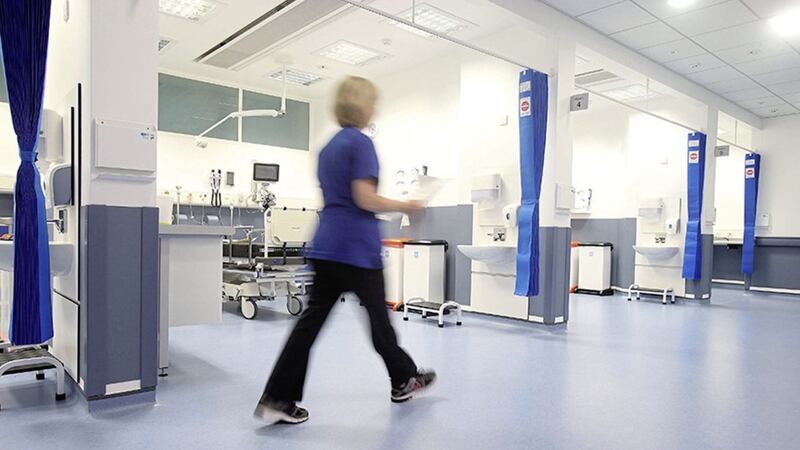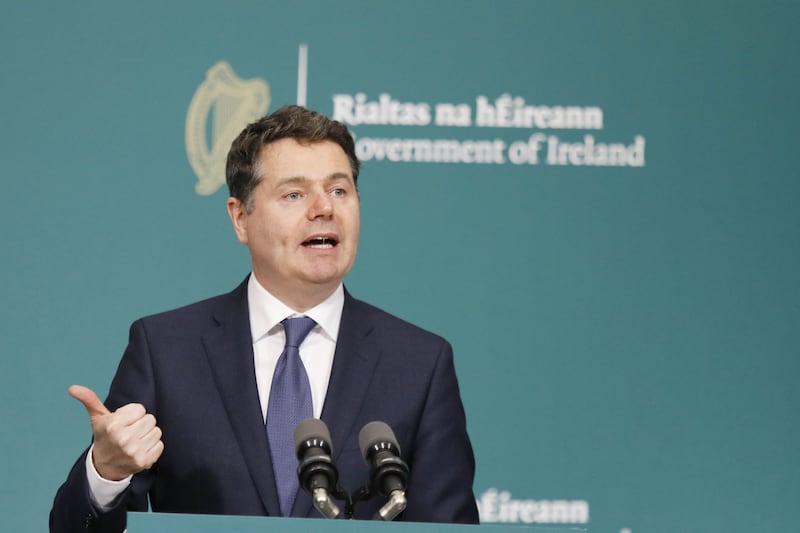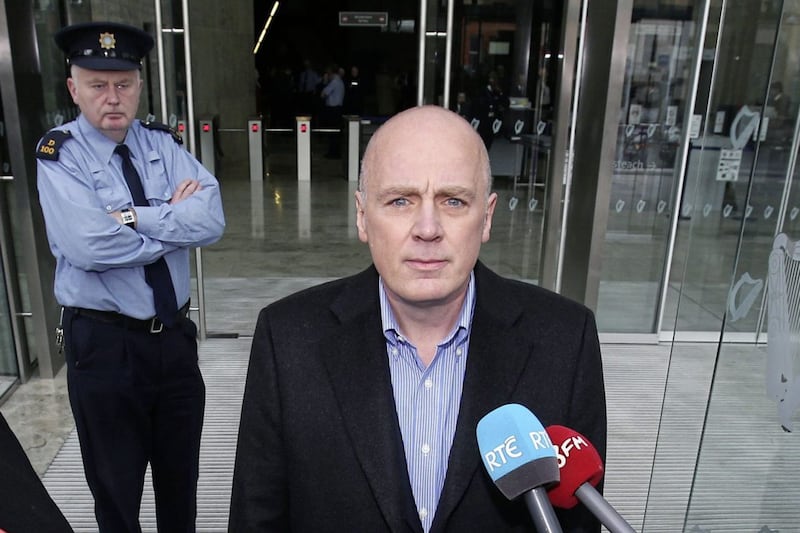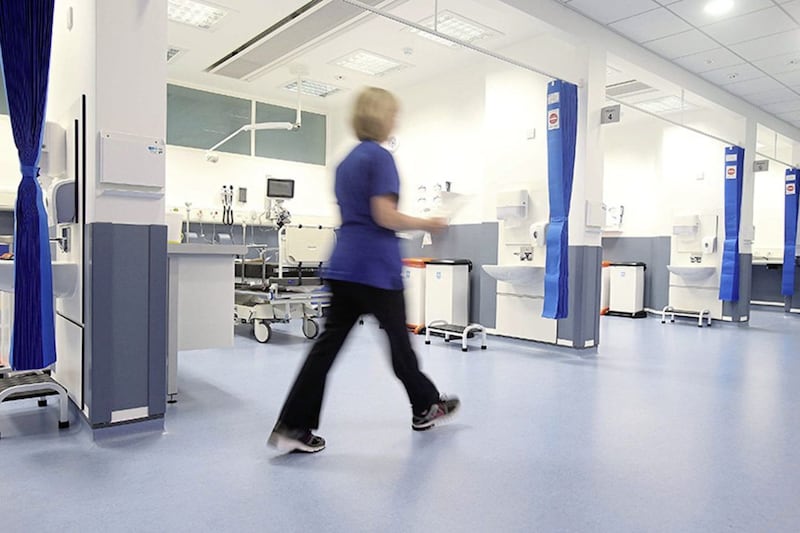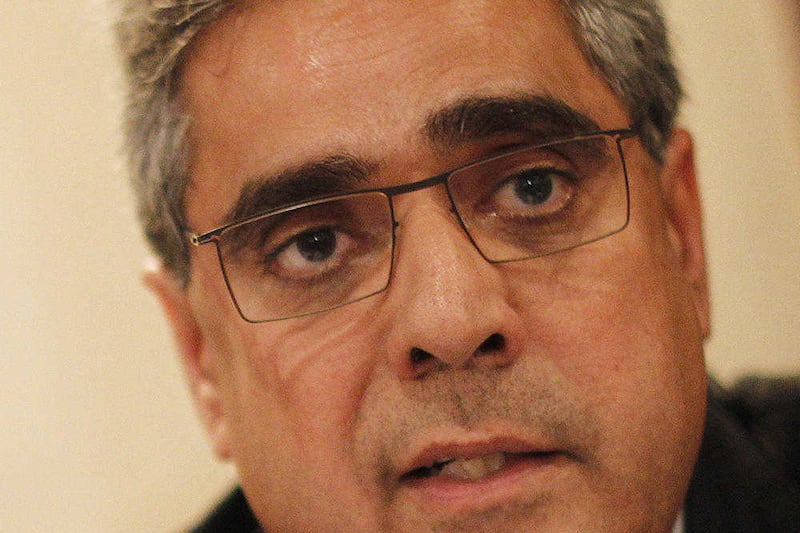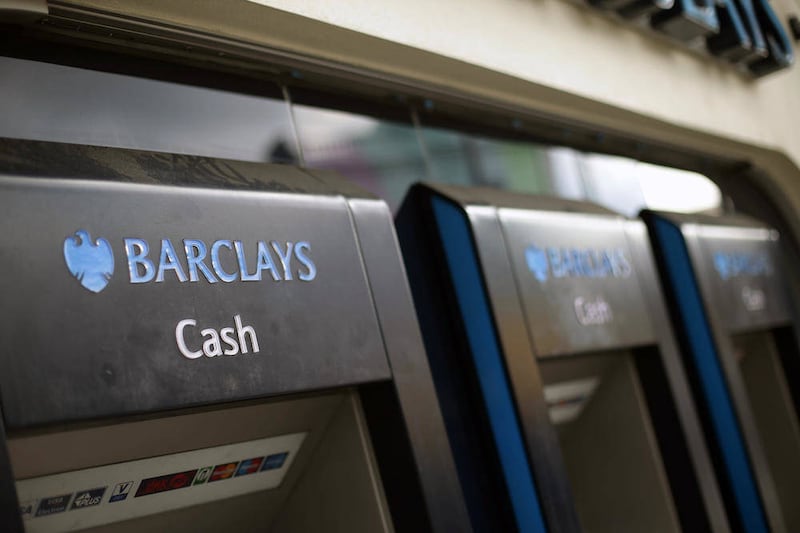AN ELEVENTH-HOUR lifeline has been thrown to the Department of Health following a £40 million bailout from other Stormont departments.
The extra autumn monitoring rounds funding means the impact of proposals to make £70m cuts across Northern Ireland's five health trusts will be significantly reduced.
Simultaneous trust meetings to discuss the 'cost-saving' cuts - which were ordered to achieve a breakeven budget and subject to a public consultation that ended last week - will still go ahead on Friday.
Letters were sent to trust chief executives yesterday from the Department's permanent secretary, Richard Pengelly, informing them of the additional monies but warning that financial pressures are still severe.
While Department chiefs say they only learned of the cash injection 24 hours ago, the intervention was expected as the cash-strapped health sector routinely benefits from monitoring monies.
A statement from the north's biggest trust, the Belfast trust, said the funding would allow them to 'stand down' proposals that would have a serious impact on patient care, including slashing agency staff, axing nursing home places and reducing fertility treatment.
The Northern health trust, which had planned to close 44 hospital beds in Whiteabbey hospital to make multi-million pound savings, also welcomed the reprieve.
A spokesman for the Department of Health said financial pressures will escalate over the next two year and that an overhaul of the service, as recommended in the independent Bengoa report last year, was urgently required.
"The initial assessment of the financial position for 2018-19 and 2019-20 is that pressures of over some £430million and £670million respectively will need to be addressed just to maintain existing services," he said.
Union leaders welcomed the announcement but said the cuts should never have been ordered in the first place.
Unison's Patricia McKeown claimed the additional funds were a response to "people power".
Unite's Kevin McAdam also questioned the legality of imposing cuts which would have had "devastating consequences" for the most vulnerable patients.
Ulster Unionist health spokesman, Roy Beggs, said the consultation was "chaotic and pointless" while the SDLP's Mark H Durkan described the process as "callous".
"It was outrageous that the Department of Health waited until half way through the year before demanding that the health trusts scramble to find £70m worth of emergency savings," Mr Beggs said.
"The proposal to shut the two rehabilitation wards at Whiteabbey Hospital in my constituency was particularly absurd given the implications it would immediately have had on neighbouring hospitals which are already operating at well above capacity."
Meanwhile, the Department of education is to benefit from the reallocation of money across Stormont departments, getting an extra £10m while the Department of the Economy will get £1m.
